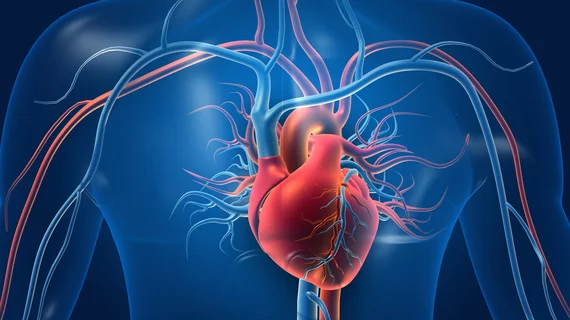People exposed to ionizing radiation have an increased risk of developing heart disease, according to new data published in BMJ.
Experts conducted a meta-analysis of 93 studies involving patients with cardiovascular disease who had also been exposed to ionizing radiation. After comparing the patients’ individual radiation dose estimates to their medical histories, experts concluded that there is a casual association between radiation exposure and cardiovascular disease, which appears to be dose dependent.
“The study suggests that radiation exposure, across a range of doses, may be related to an increased risk of not just cancer, as has been previously appreciated, but also of cardiovascular diseases,” noted one of the study’s senior authors Andrew Einstein, MD, PhD, professor of medicine at Columbia University Vagelos College of Physicians and Surgeons.
Risk increased with higher doses and decreased with lower doses. Individuals who were exposed more often over a longer period of time had different risks than those who had just recently been exposed, the experts noted, but more research is needed to validate this finding.
Specifically, experts observed an increased excess lifetime risk of 2.3 to 3.9 cardiovascular deaths per 100 persons exposed to one Gy of radiation.
The team highlighted the heterogeneity of the studies included in their analysis, noting that it “complicates a causal interpretation of these findings,” though the heterogeneity diminished when only high-quality studies or those with moderate doses or low dose rates were included.
Although more research is needed to understand the potential associations between exposure to ionizing radiation and heart disease, the group suggested that the relationship between the two warrants further consideration.
“The effect of lower doses of radiation on the heart and blood vessels may have been underestimated in the past,” Einstein said. “Our new study suggests that guidelines and standards for protection of workers exposed to radiation should be reconsidered, and efforts to ensure optimal radiation protection of patients should be redoubled.”
To learn more, click here.

